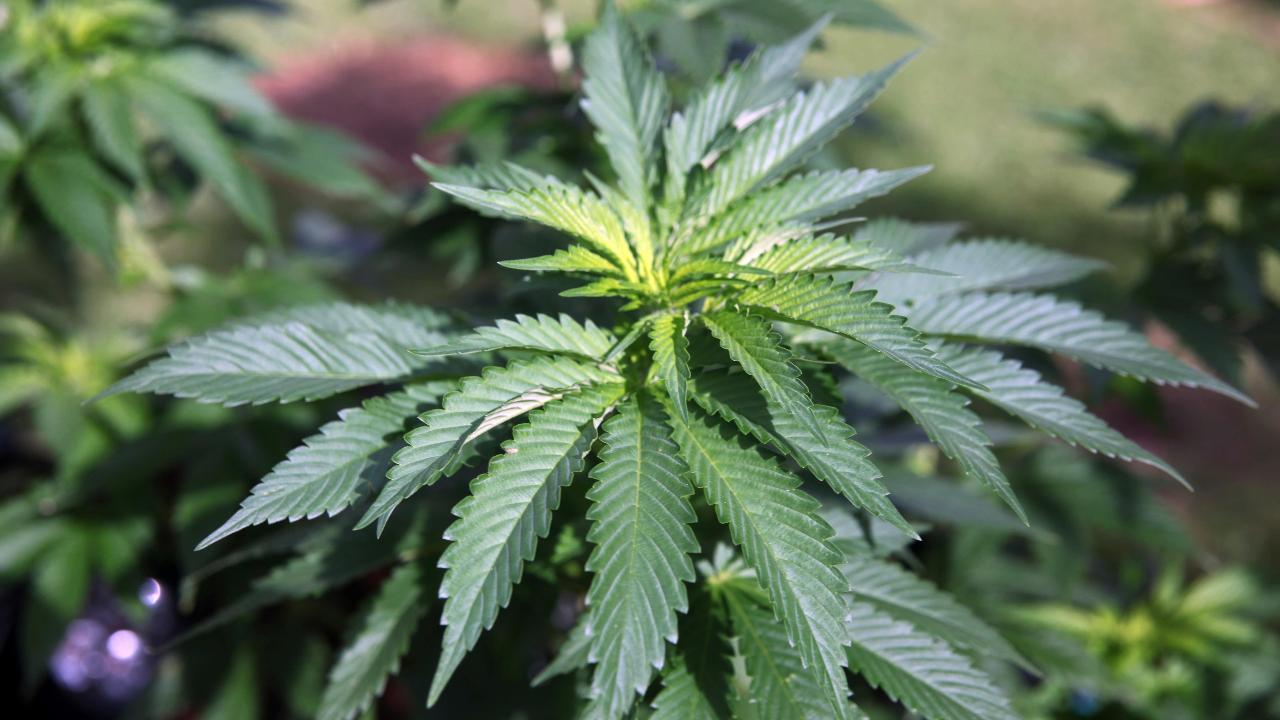Would a New Marijuana Tax Crush Canada's Pot Stocks?
Marijuana stocks have been on fire in the past month as investors race to avoid missing out on one of the hottest trends in the investing world. The biggest new catalyst for investors in marijuana stocks has been the impending legalization of recreational marijuana in Canada, which promises to open up a $5 billion market from casual adult users.
When you consider those figures, the proposal from regulatory agency Health Canada to impose a relatively modest excise tax on licensed producers of cannabis products might seem like a small price for marijuana companies to pay in exchange for their access to a budding new market. Yet the Cannabis Council of Canada, which includes executives from marijuana companies including Canopy Growth (NYSE: CGC), Aurora Cannabis (NASDAQOTH: ACBFF), and Tilray (NASDAQ: TLRY), believes that Health Canada's proposal is premature and should be delayed until regulators can make further revisions.
A simple proposal
Back in July, Health Canada issued a proposal giving details about a proposed new tax. The agency tied the levy to the idea of cost recovery, wherein it stated its view that the public shouldn't have to bear the cost of government regulation when a limited set of private parties gets most of the benefit from the regulatory framework.
Health Canada suggested passing on four types of costs to marijuana companies. Application screening fees, import/export permit fees, and security screening fees were given fixed dollar amounts, with the intent of tying levies to the actual amount of work done by government officials to fulfill those functions. But what got the attention of marijuana investors was Health Canada's annual regulatory fee: a 2.3% tax on all cannabis revenue.
Where did 2.3% come from?
Health Canada's analysis tried to look at the costs to the government of implementing the Cannabis Act and regulating it on an ongoing basis. After excluding costs that were ineligible for recovery, Health Canada estimated that it will bear about 383 million Canadian dollars in expenses related to regulating and restricting access to cannabis under the new legislation over the next five years.
The agency looked at a number of ways to impose a potential tax to recover its costs, balancing simplicity, fairness, and affordability. Health Canada eventually settled on a simple revenue-based excise tax, estimating the amount of revenue that the industry will generate and then calculating the required percentage to get back its costs. Large companies like Canopy Growth, Aurora Cannabis, and Tilray will pay the resulting 2.3% rate. A minimum fee of CA$23,000 will apply to most standard cultivation and processing companies, with slightly different minimums and tiers applied to microcultivators and microprocessors.
Why marijuana companies aren't happy with the tax
Advocates for marijuana companies in Canada have fought back against the new tax. First and foremost, they argue that it'll take time for the pot industry in Canada to ramp up to Health Canada's long-term forecasts, and therefore taking even a 2.3% cut out of sales early on could be detrimental.
Of particular concern is last month's decision from the Canadian province of Ontario to delay allowing brick-and-mortar marijuana retail establishments until April 2019. As Cannabis Council executive director Allan Rewak noted in an interview with Canada's Globe and Mail, the only way that consumers in Ontario will be able to obtain marijuana for recreational use will be through online sources, and he believes that the delayed rollout of retail stores will adversely affect sales at a critical time for the marijuana industry.
To be fair, marijuana companies understand that they'll bear some costs. As Rewak told the London Daily News, "We want to pay our fair share; we want to be part of the solution." However, producers support a wait-and-see approach, allowing actual experience to show what the appropriate levy should be.
Expect a tax sooner or later
Health Canada has said that it's open to the idea of adjusting the tax over time. But it actually foresees the possible need to make the rate higher, especially if the tax ends up getting imposed on previous-year actual revenue figures rather than a forecast of current-year sales in the fast-growing industry.
The Canadian government has been clear that it expects the marijuana industry to bear the costs of the added regulatory burden in overseeing the new sector. Even if Canopy Growth, Aurora Cannabis, and Tilray win a temporary reprieve from the excise tax, they'll likely end up having to pay something similar in the long run. What investors should hope, though, is that the industry will be big enough to weather the excise and give producers enough profits to keep their shares moving higher.
10 stocks we like better than Aurora Cannabis Inc. When investing geniuses David and Tom Gardner have a stock tip, it can pay to listen. After all, the newsletter they have run for over a decade, Motley Fool Stock Advisor, has quadrupled the market.*
David and Tom just revealed what they believe are the 10 best stocks for investors to buy right now... and Aurora Cannabis Inc. wasn't one of them! That's right -- they think these 10 stocks are even better buys.
Click here to learn about these picks!
*Stock Advisor returns as of August 6, 2018
Dan Caplinger has no position in any of the stocks mentioned. The Motley Fool has no position in any of the stocks mentioned. The Motley Fool has a disclosure policy.




















